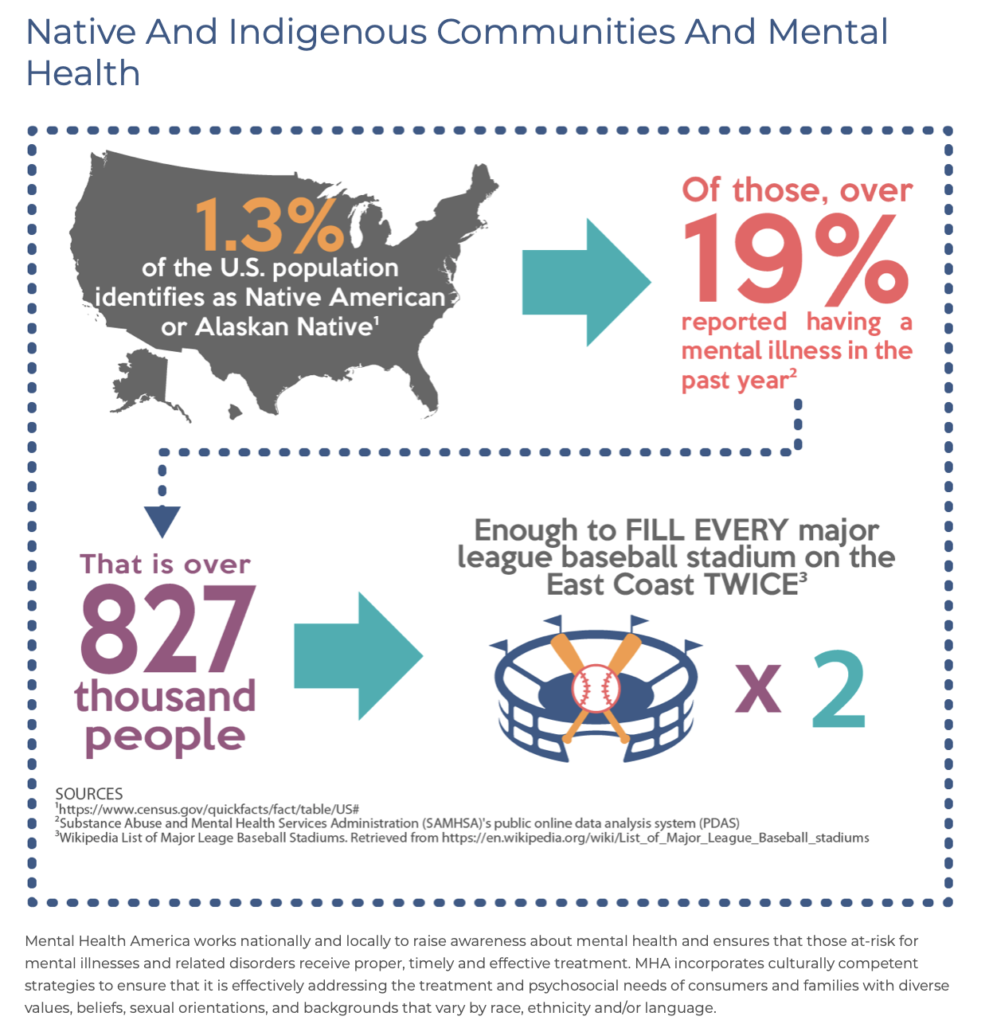By: Ryan Arkie | Pueblo of Laguna
What does it mean to be a Native man? When presented with that question, many characteristics come to mind such as strength, independence, courage, and leadership. The “stoic strong Native man” is what often comes to mind, but why is that? Why have western concepts of what a man is or should be oozed their way into the minds of Indigenous ways of knowing? That’s a whole other story, but what I want to talk about is why we should stop trying to be Victor Joseph and be more like Thomas Builds-the-Fire: kind, loving, and funny. We need to provide men space to express themselves wholly and without remorse.
Let’s first recognize that it is men themselves who need to do the work of finding those spaces or people to confide in, an outlet to express themselves. Some outlets I have found for myself include working out, listening to music and watching a funny tv show to spark laughter and good feelings. I also can’t forget that morning coffee that gets me going in the morning. For me, it’s the little joys. These are things I do for myself but I want to provide perspectives of other Native men so I asked them the question, “How do you deal with your emotions?”
Aaron: “Music of course, I love music, that’s my long-term mental health outlet. I work it (stress/anger) into music and release it in a creative way; it’s been a great savior in my life. You can feel embarrassed or weird talking about things but it can be turned into music. I want people to feel what I’m feeling in my music.”
Julian: “Gardening is a hobby of mine. Being able to feel like I can take care of something small and reap the benefits of my labor. When fall time comes around, I know that I will have something to enjoy and that gives me peace of mind.”
Logan: “First ceremony was a turning point and it challenged myself to think about who I was. I went to ceremony and found out who I was. It became liberating and incredible to learn a lot. It made me turn back to culture and allowed me to navigate relationships, identity and family.”
Jake: “I do a lot of reflecting about the day, week and what happened. I think about how I can change the future. I also talk to someone, such as a therapist or friend, even if it’s complaining it’s good to just get it out there. When you start saying it out loud it belittles the issue and puts things into perspective (not as dramatic).”
Suppressing your feelings has detrimental effects. Have you noticed that when you don’t let it out, you often come to a boiling point where you become destructive whether it be to yourself, others or inanimate objects? That’s a sign that you must find a way to express those emotions in a healthy manner. It doesn’t have to be emotionally expressed; it can be as simple as making jewelry or taking that secluded dirt road drive.
Don’t feel the need to uphold the “stoic Native man” image, be brave enough to be unapologetically you. It is not going to be easy, but it’s a first step to healing yourself so that you can be there for others who may need you. Then we can make progress to heal as Indigenous Peoples and take on the world. It has to begin with you, “stoic Native man”, how will you choose to heal?
Click the graphic below from Mental Health America for more information and resources on mental health in Indigenous communities.











